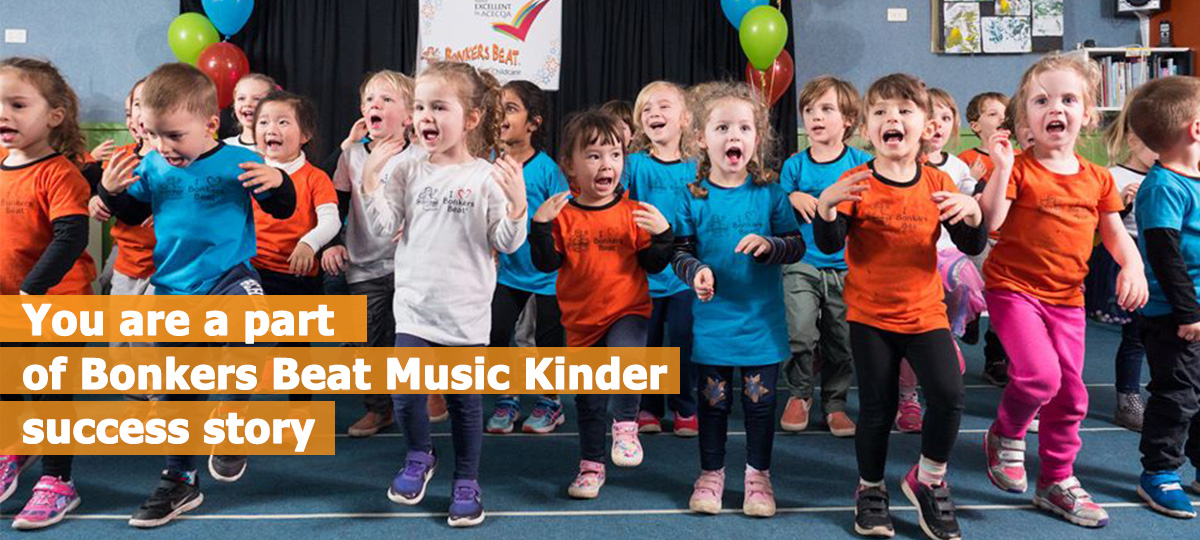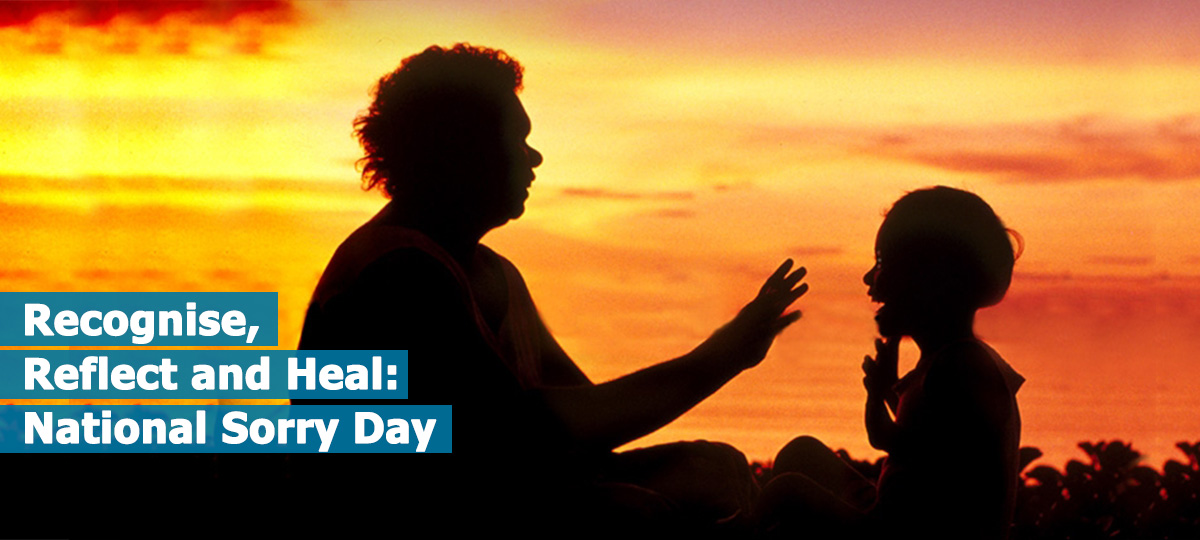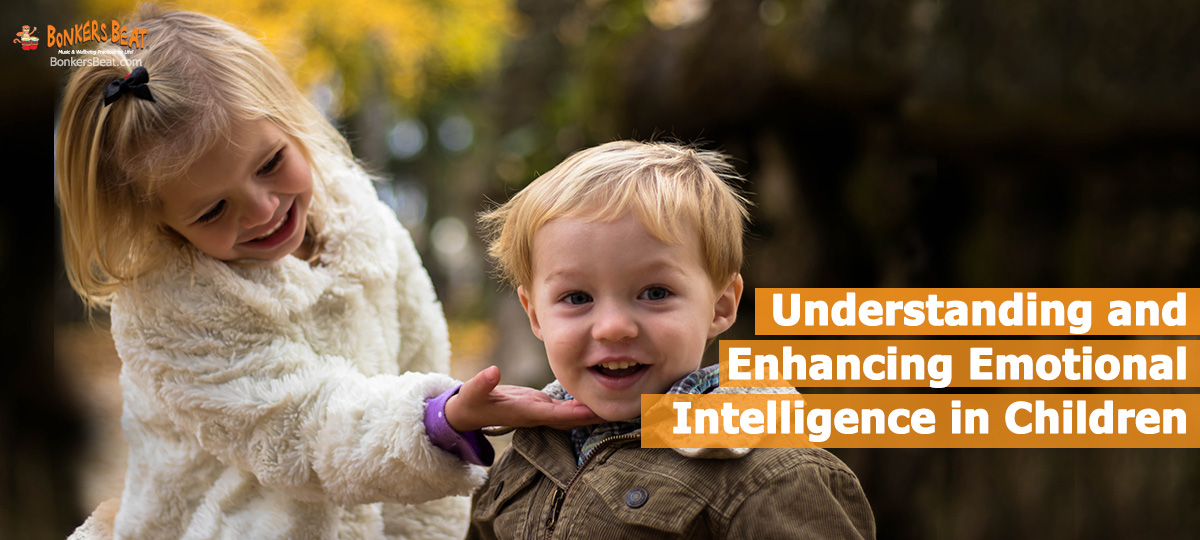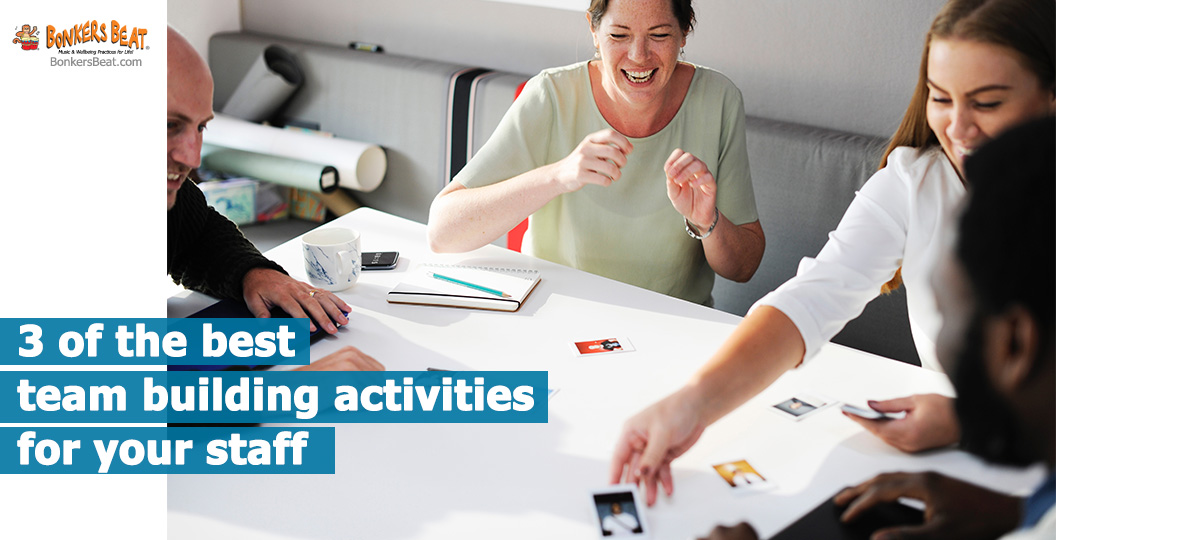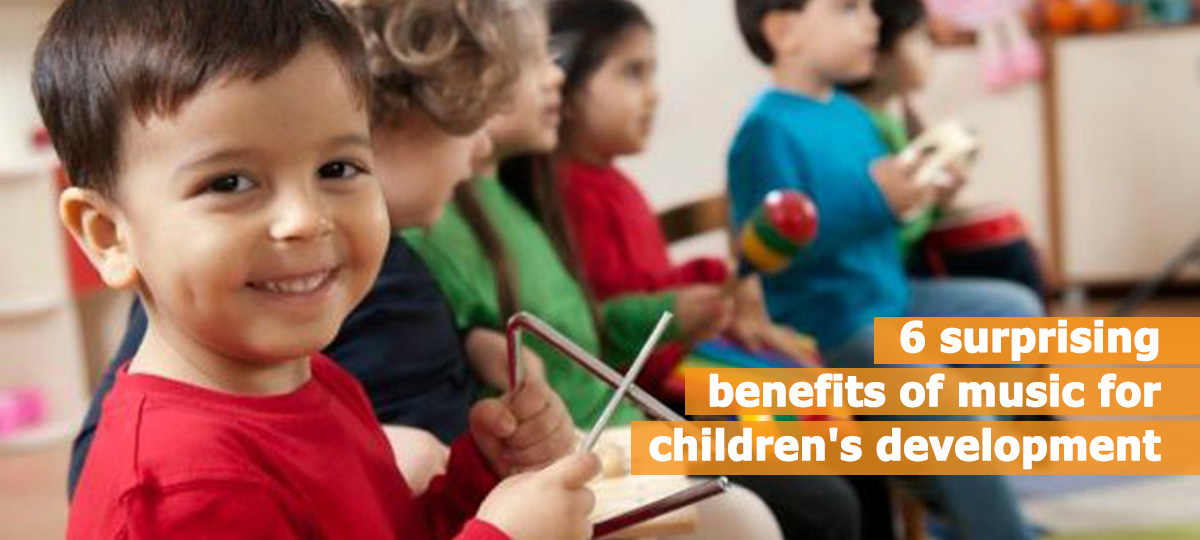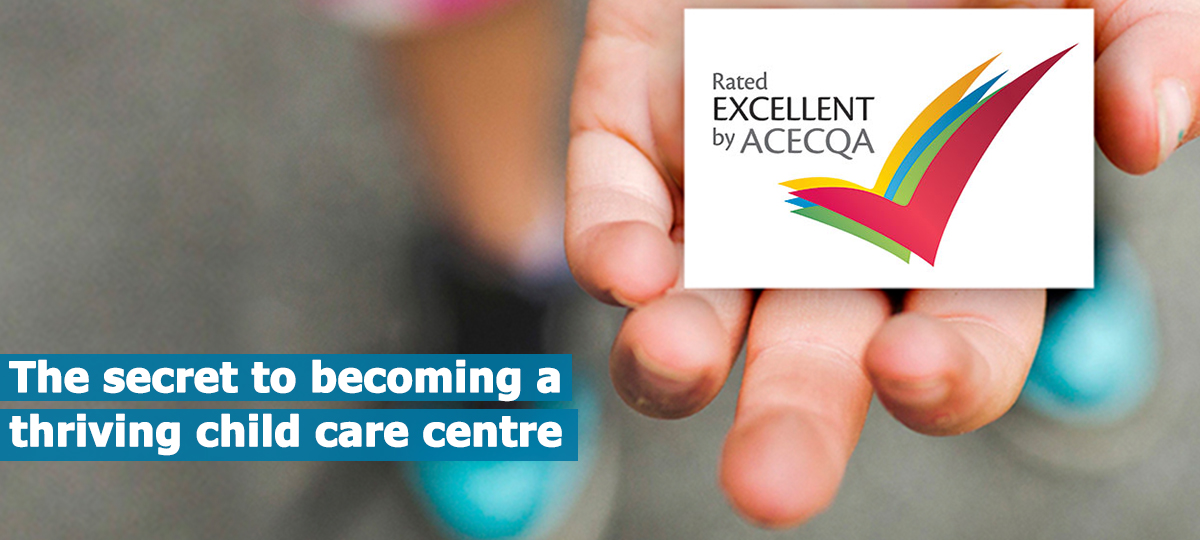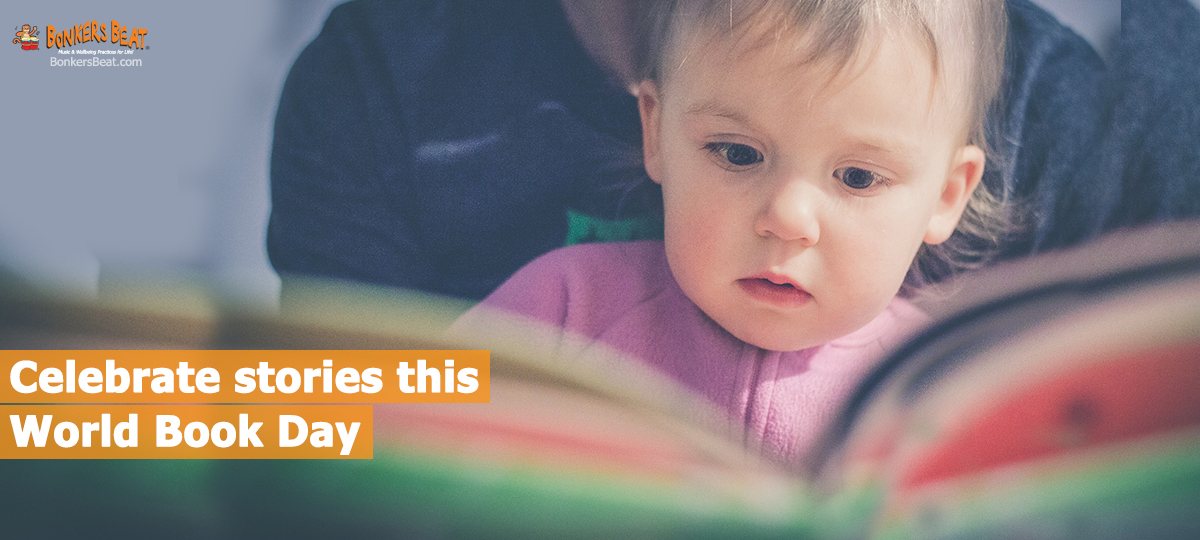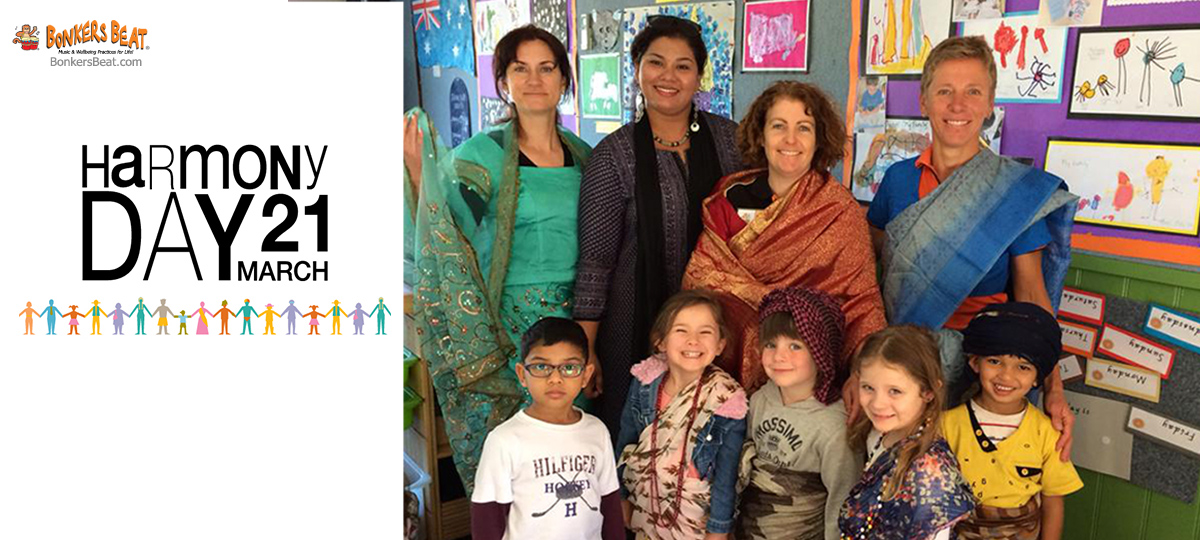Getting the Bonkers Beat Music Kinder and our award-winning programs to where they are today has not been an easy feat. Over the last nine years, long days (and nights!) of hard work and immeasurable passion have been behind the creation of something truly special that has impacted the early childhood education industry in Australia and beyond.
That’s why, when we found out we were one of only 55 early childhood services across the country to be honoured with an Excellent Rating from ACECQA, we had to celebrate!
Last week we invited families from our centre and local community along with highly regarded guests from within the early childhood sector, to attend Bonkers Beat Music Kinder to join us in marking this achievement.
Families and early childhood professionals came together for the celebration
What a lovely evening we had! Presentations and beautiful words were a delight to hear from a number of our wonderful guests. You can see the images from the night here on Facebook.
We kicked off the celebrations with some delightful singing from the Bonkers Beat Music Kinder children. The enthusiasm was undeniable! The children are the reason behind everything that Bonkers Beat stands for and so it was important to have them front and centre in our receipt of the Excellent Rating.
Rhonda Livingstone, ACECQA’s National Education Leader, was in attendance to officially present the award. She spoke highly of Bonkers Beat Music Kinder and our programs, particularly how they are having a far-reaching impact on children’s education all over the country. We were so touched by your recognition and kind words Rhonda, thank you!
Alina Dan, from Alina Dan Consultancy and Holistic Approach, has been a valued colleague to Galina and to the Bonkers Beat family over many years. Thank you, Alina, for taking the time to fly down to celebrate with us too! Alina made a speech applauding Galina’s commitment, the contributions of the parents of all Bonkers Beat children and their commitment to laying the best possible foundations for their children’s bright futures.
One of our current parents was brave enough to present to the crowd as well. Josie Katakouzinos talked about her experience as a parent with a child at Bonkers Beat Music Kinder and how the music and wellbeing-based programs have had an obvious and powerful impact on her son throughout his early childhood development. Josie noted the benefits of being able to carry through the educational and behavioural strategies her son receives through the programs at kinder while at home too. Thank you, Josie! And thank you to all Bonkers Beat parents and children, past and present. Your continuous support is amazing and invaluable.
Here are a few images for your from Bonkers Beat Excellent Rating celebration.

